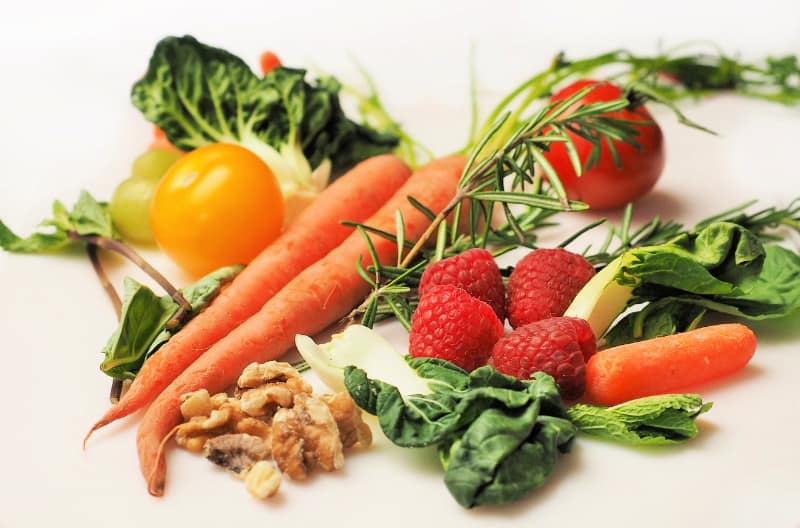We’ve all heard people say that eating carrots helps you see in the dark. But, there are actually a lot of foods that affect your eyesight. If you’re a parent, you want to be sure that you and your family are eating healthily in general, because your diet significantly affects your general health.
Although carrots helping you see in the dark is not strictly true, there are lots of ways in which your diet affects your eyesight. To help you navigate the tricky world of food and how it affects your vision, the experts at Optimax have put together some helpful tips and advice about what kind of foods have an effect on your eyes.
Antioxidants
Free radicals, which are effectively uncharged molecules with an unpaired electron, are said to contribute towards eye diseases such as age-related macular degeneration (AMD) because they search for another electron to become a pair, damaging cells in the process. However, antioxidants protect cells from damage caused by these free radicals, reducing the likelihood that you’ll develop an eye disease. Antioxidants are generally found in foods that are brightly coloured. Look for brightly coloured fruit and vegetables such as plums, oranges and blueberries.


Vitamins
Ensuring you and your family stay healthy must include getting enough vitamins. Vitamin A, C and E all affect your eyesight, so these should be included while you’re thinking about eye health.
Vitamin A deficiency has been linked to loss of vision, so it is of vital importance. Not getting enough vitamin A may result in dry eyes, night blindness or more serious eye conditions. Find vitamin A in animal-derived foods such as dairy products as well as orange and yellow vegetables like carrots and squash.
Another important vitamin for vision is vitamin C because it is an antioxidant. As mentioned earlier, antioxidants are great for protecting against free radicals which cause certain eye diseases. You can find high quantities of vitamin C in citrus fruits, and vegetables like bell peppers and broccoli. You should also ensure you’re getting enough vitamin E in your diet because vitamin E is a fat-soluble antioxidant which protects you from fatty acids and harmful oxidisation. Find vitamin E in nuts like almonds, hazelnuts and peanuts.
Lutein and Zeaxanthin
The phytochemicals lutein and zeaxanthin are said to have a positive impact on your sight, and the retina of your eye contains a large amount of these chemicals which filter out harmful wavelengths of light. These compounds are sometimes referred to as carotenoids, and you can find them in kale, spinach and other greens. Having enough in your system can reduce the risk of AMD and cataracts.
Omega-3
Many vision studies have shown that omega-3 is good for your eyes. Helping you maintain your vision, omega-3 is an essential part of a healthy diet and can be found in cold-water fish such as salmon, tuna and mackerel. Fatty acids like omega-3 can protect against AMD and dry eyes, as well as assisting vision development, which is why it is found in many infant formulas.
Zinc
A lack of zinc in your body can also cause declining eyesight. Highly-concentrated in the eye area, zinc helps with the production of melanin, the pigment which protects your eyes. Similarly to other vitamin and mineral deficiencies, low quantities of zinc can cause poor night vision, cloudy cataracts and AMD. To allow more zinc into your diet, you can eat red meat, nuts, certain seafood and dairy products like eggs and yoghurt.


Hydration
If you are dehydrated, the body’s initial response is to conserve fluids in the body, using various methods. This can result in symptoms like dry eyes. To prevent this, it is vitally important to make sure you are drinking enough water throughout the day.
Foods to Avoid
While there are many foods that help your eyesight, there are also many that aren’t good for it. These tend to be the foods which are generally bad for your health and not just your eyes, such as sugar and fats. Try to avoid them where you can and eat healthy fats and whole grain cereal and pasta, as opposed to white flours.
Eating healthily should be a part of your everyday life. Making sure that your vision is the best it can be, is essential for making sure you don’t miss a thing while your family grows up. Adjusting your diet to accommodate more of the good foods and less of the bad, will help you on your way to healthy eyes.
You might also enjoy Getting Our Children’s Eyes Tested & Why You Should Too







Really good post, a well-balanced diet plays an important role in maintaining our eye health. Found this post to have some great information which also covers the foods that we should avoid.
Hey thank you for your awesome sharing and you’ve done a great job the article was up to the mark and appreciating you to be continued with such effort.